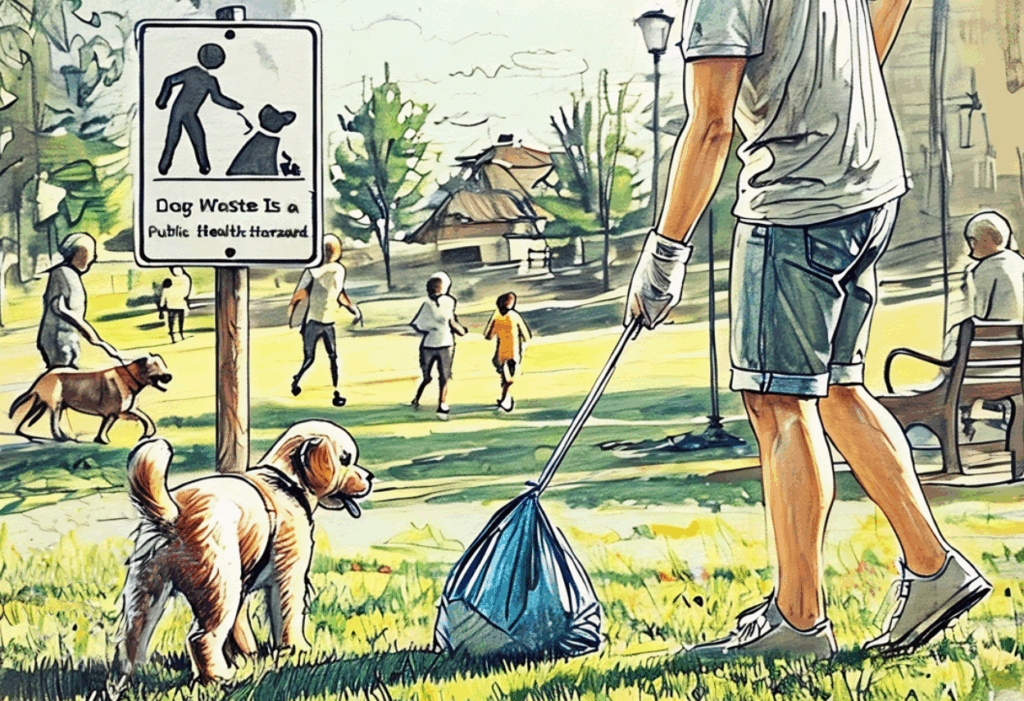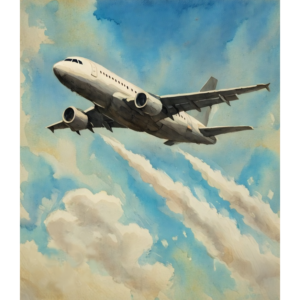
It’s a breezy, warm Sunday morning. Whatever antics you got up to last night have
disappeared as you decide to get ahead of the others and go for a rejuvenating morning walk. While your family and friends are still tucked in bed, you’re out boosting your mental health, lowering your blood pressure, and soaking up some early sunshine. Just you, the rising blue sky, and your favorite playlist.
Then it happens.
You lock your front door, step onto the sidewalk, open your lungs for a full-voiced singalong—and squish. Something soft and sticky coats the bottom of your shoe. For a second, your brain goes wild—Did I kill an extinct bug? But then, the smell hits. Sharp. Rancid. Unmistakable.
Dog poop.
Morning walk: ruined.
Sure, one bad encounter with pet waste shouldn’t derail your fitness or ruin your mood entirely—but the fact remains: it didn’t have to happen. Your dog can’t use words, carry a bag, or scoop up after itself. That job is yours. And far too many people are failing to do it.
According to recent estimates, only 60% of dog owners regularly pick up after their pets. That means 40% are leaving literal biological waste behind—on sidewalks, in parks, and near playgrounds. And this isn’t just unpleasant. It’s dangerous.
Dog poop isn’t just gross—it’s toxic. It carries parasites like hookworms and roundworms, which can cause everything from skin rashes to eye infections. Harmful bacteria such as salmonella and E. coli also thrive in dog feces, capable of infecting both humans and other animals.
The Environmental Protection Agency (EPA) even categorizes pet waste as a major pollutant—on par with oil spills. That’s not an exaggeration. Dog feces can take over a year to decompose and release roughly 2.5 times more nitrogen than cow manure, making it an environmental hazard as well as a public health risk.
The good news? This is one of the easiest problems to fix.
All it takes is a small waste bag, maybe some gloves if you’re squeamish, and hand sanitizer. That’s it. Scoop, tie, and trash—or better yet, flush it down the toilet like any other human waste. Done. Gone. No more gross surprises for your neighbors. No more pollutants in your parks and waterways.
Still not convinced this is a big deal? Consider pushing for real community change. Some cities, like Fort Lauderdale, have made it a criminal offense to leave pet waste behind. Others have installed free bag stations in public areas. We can all advocate for similar initiatives in our own neighborhoods. Spread awareness. Lead by example. Encourage others to take action.
By taking responsibility for our pets, we not only keep our communities cleaner but also safeguard public health and protect our waterways and green spaces. A small act like picking up after your dog makes a significant difference.
Let’s ensure our sidewalks, parks, and shoes stay clean—and our environment healthier for everyone.
Works Cited
El-Kardah, Kadafi. “Hey, Dog Owners: 40% of You Don’t Bother to Pick up Your Pet’s Poop. That Stinks, in More Ways than One.” Generocity, 6 May 2020, https://generocity.org/philly/2020/05/06/hey-dog-owners-40-of-you-dont-bother-to-pick-up-your-pets-poop-that-stinks-in-more-ways-than-one/. Accessed 30 Apr. 2025.
“Parasites and Poop: The Importance of Picking Up After Your Dog.” Associated Veterinary Medical Center, 26 Feb. 2020, https://avmcww.com/2020/02/26/parasites-and-poop-the-importance-of-picking-up-after-your-dog/. Accessed 30 Apr. 2025.
United States Environmental Protection Agency. Stormwater Best Management Practice: Pet Waste Management. EPA, https://www.epa.gov/sites/default/files/2015-10/documents/petwaste.pdf. Accessed 30 Apr. 2025.
The views and opinions expressed are those of the authors and do not necessarily reflect nor represent the Earth Chronicles and its editorial board.





Comments are closed.